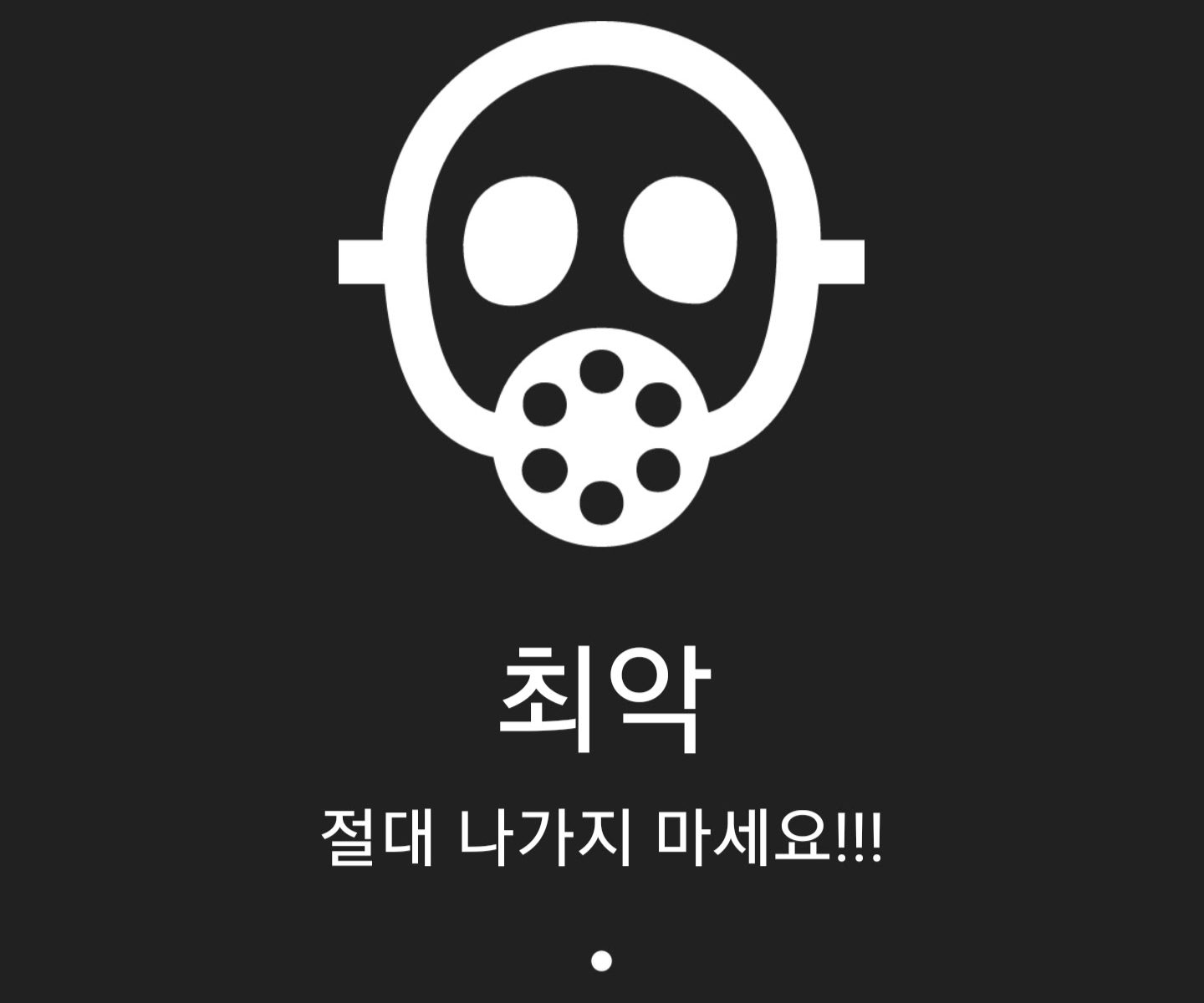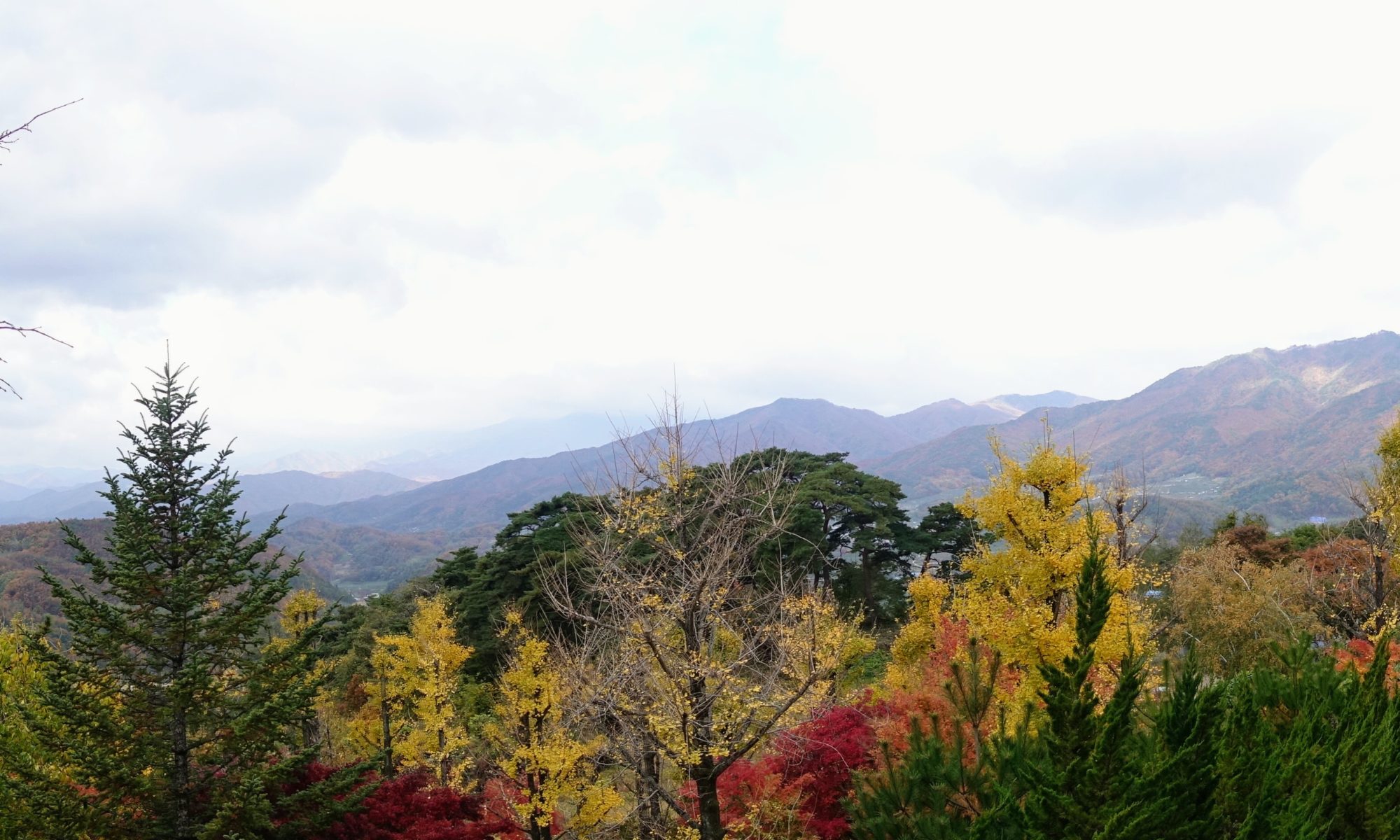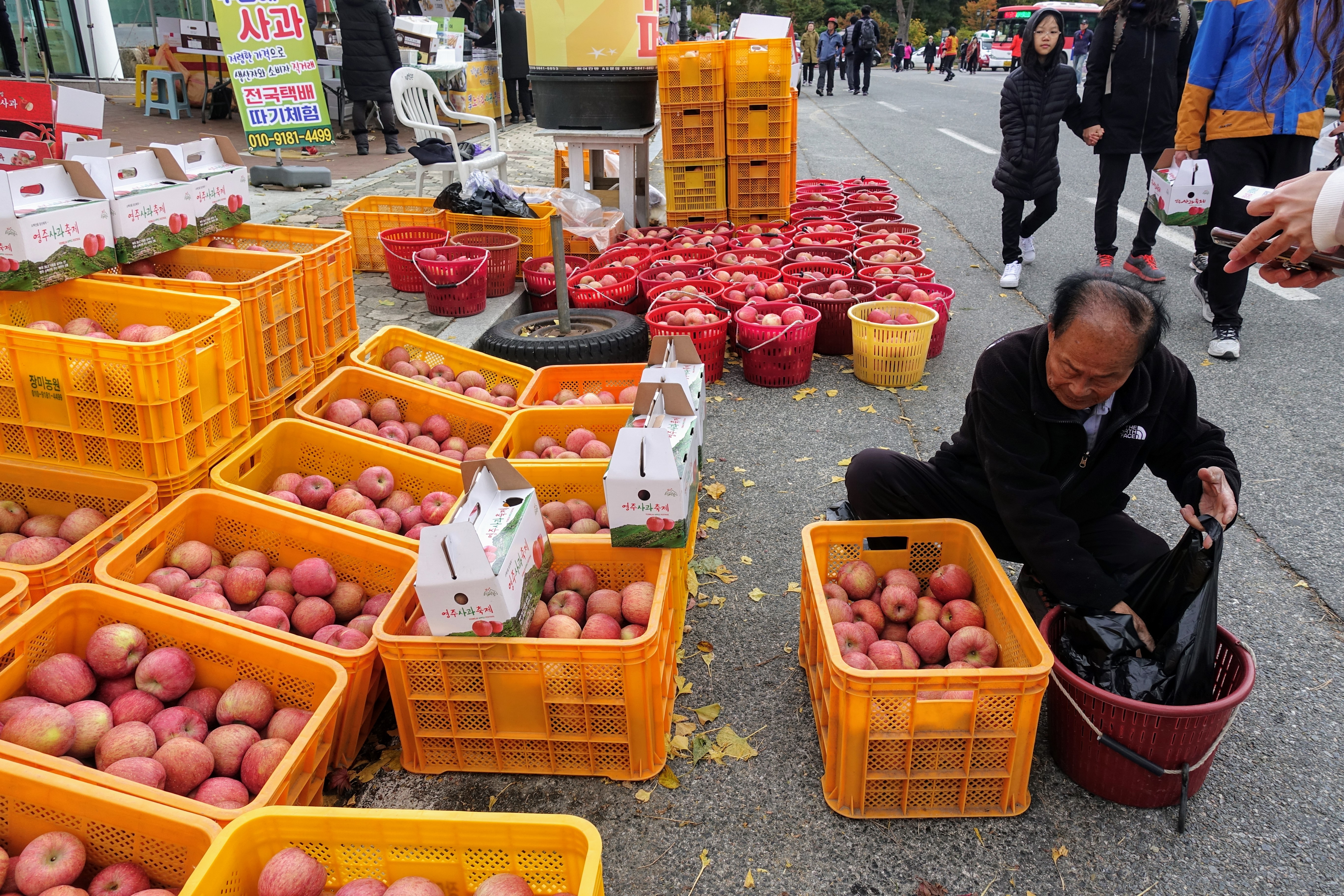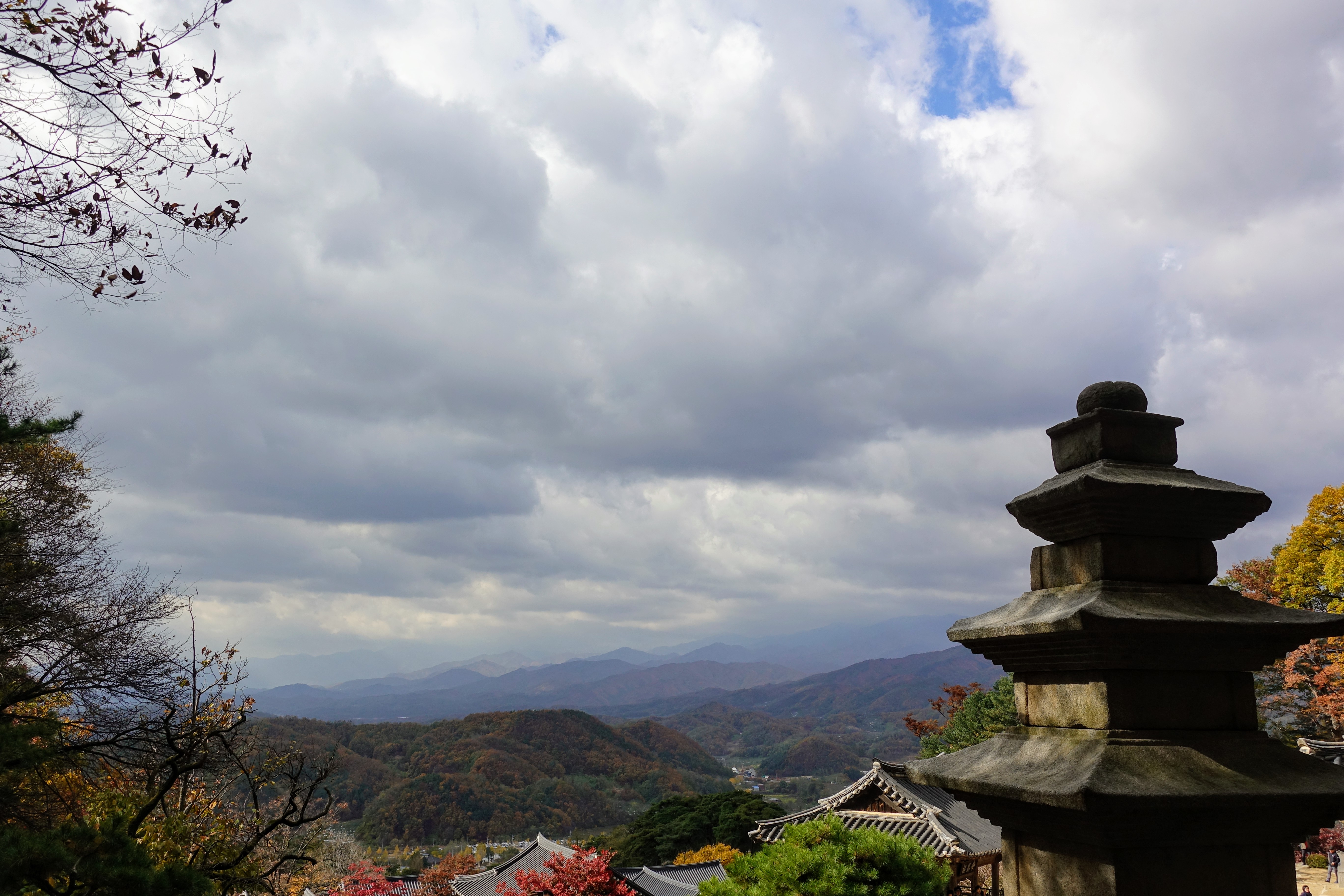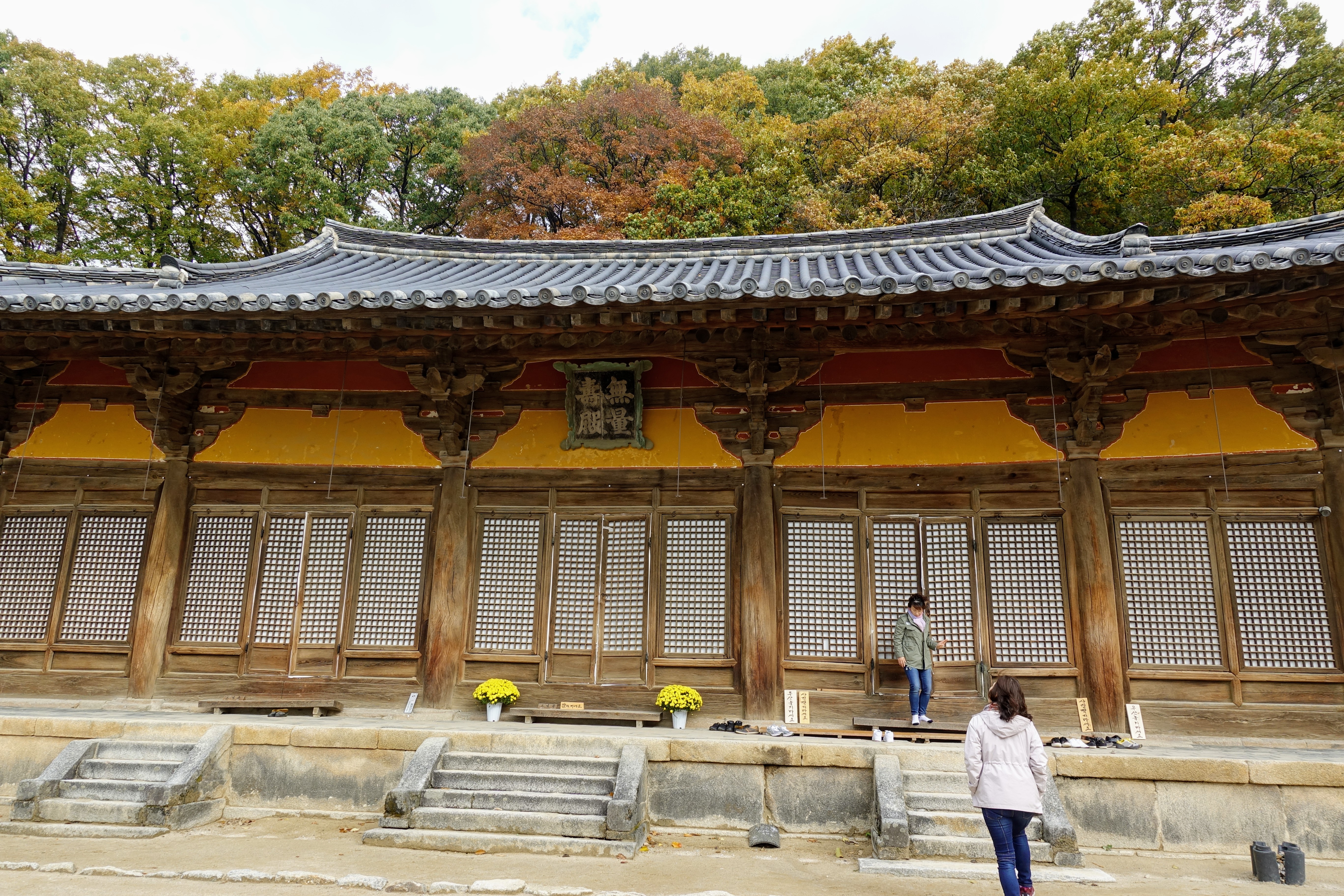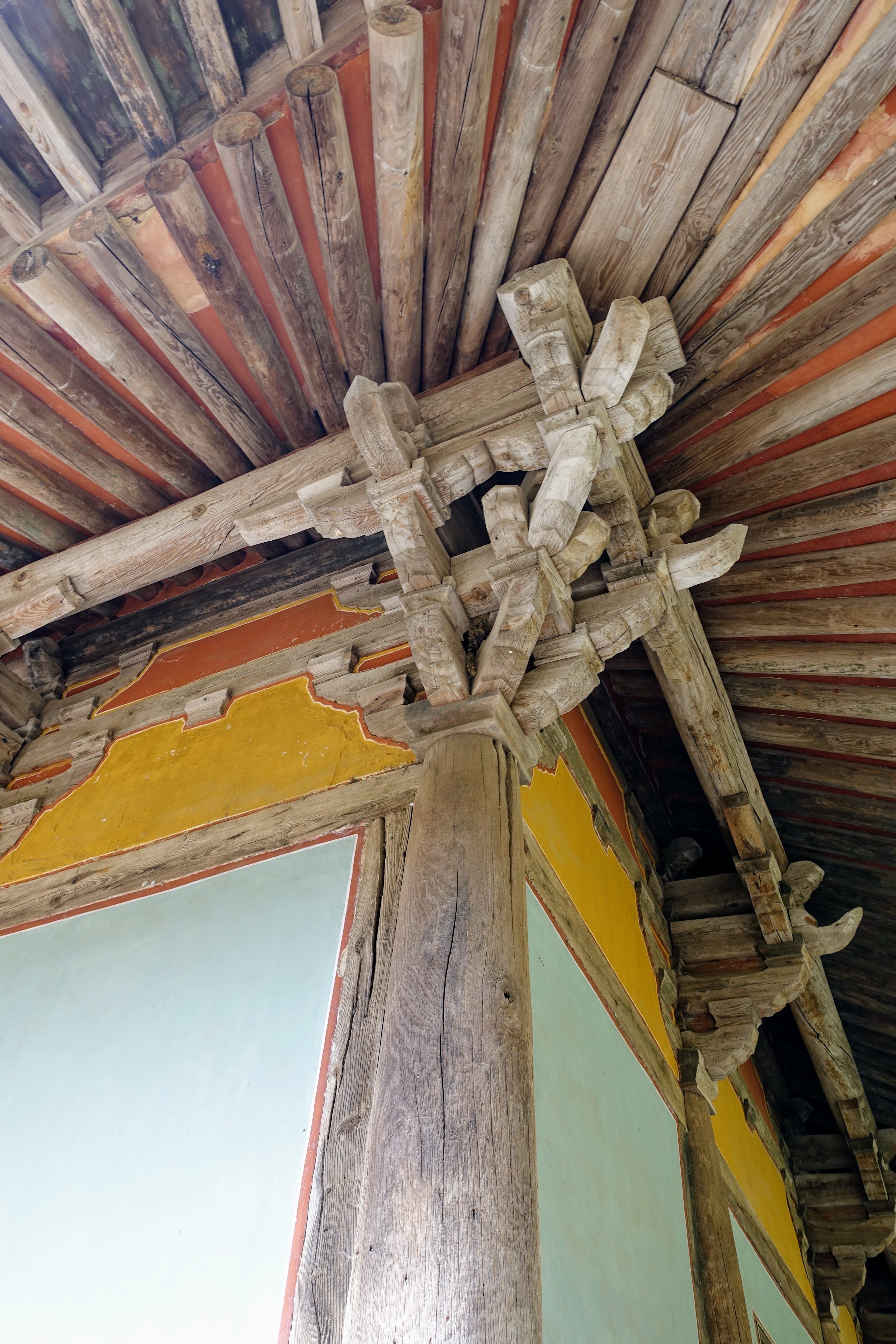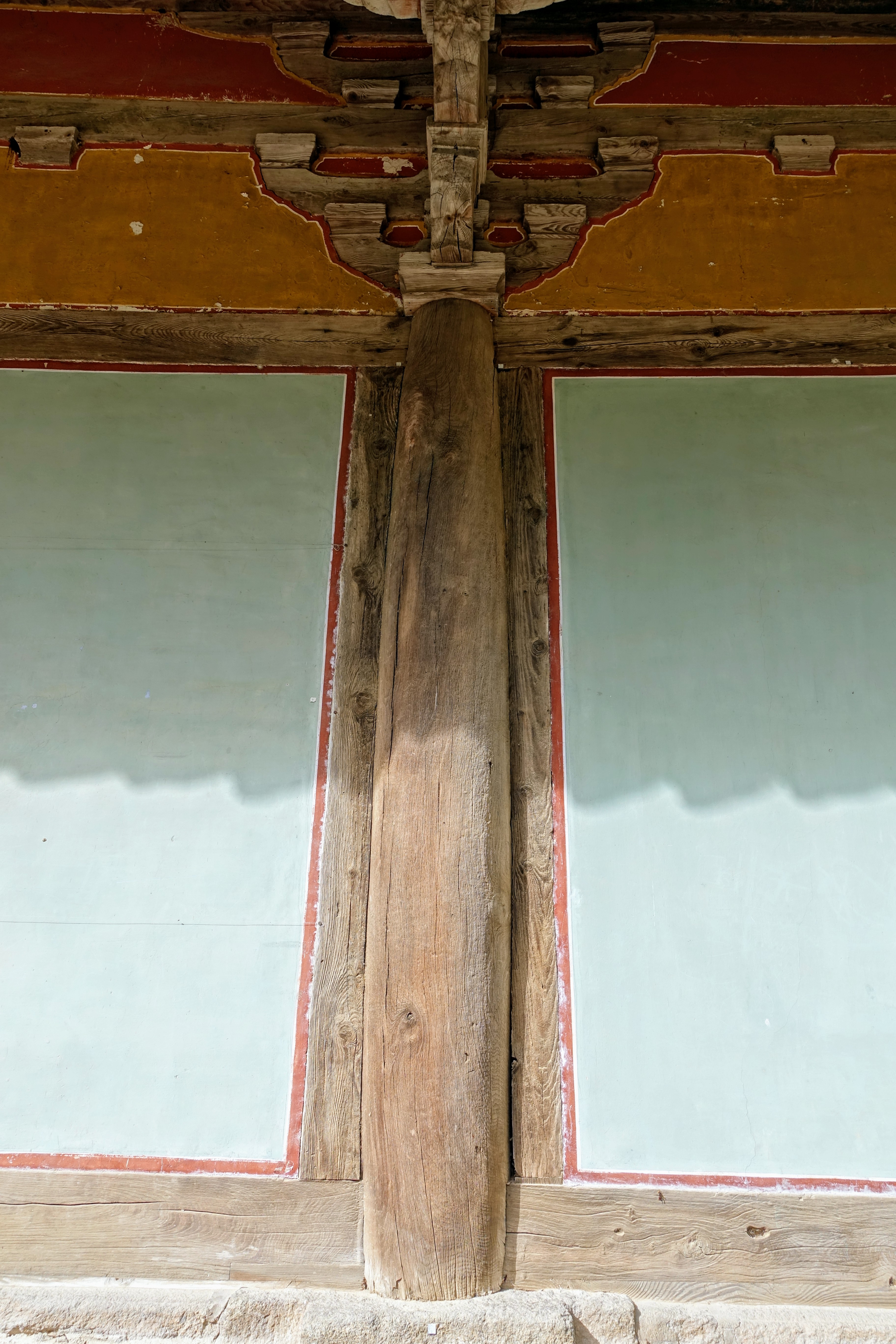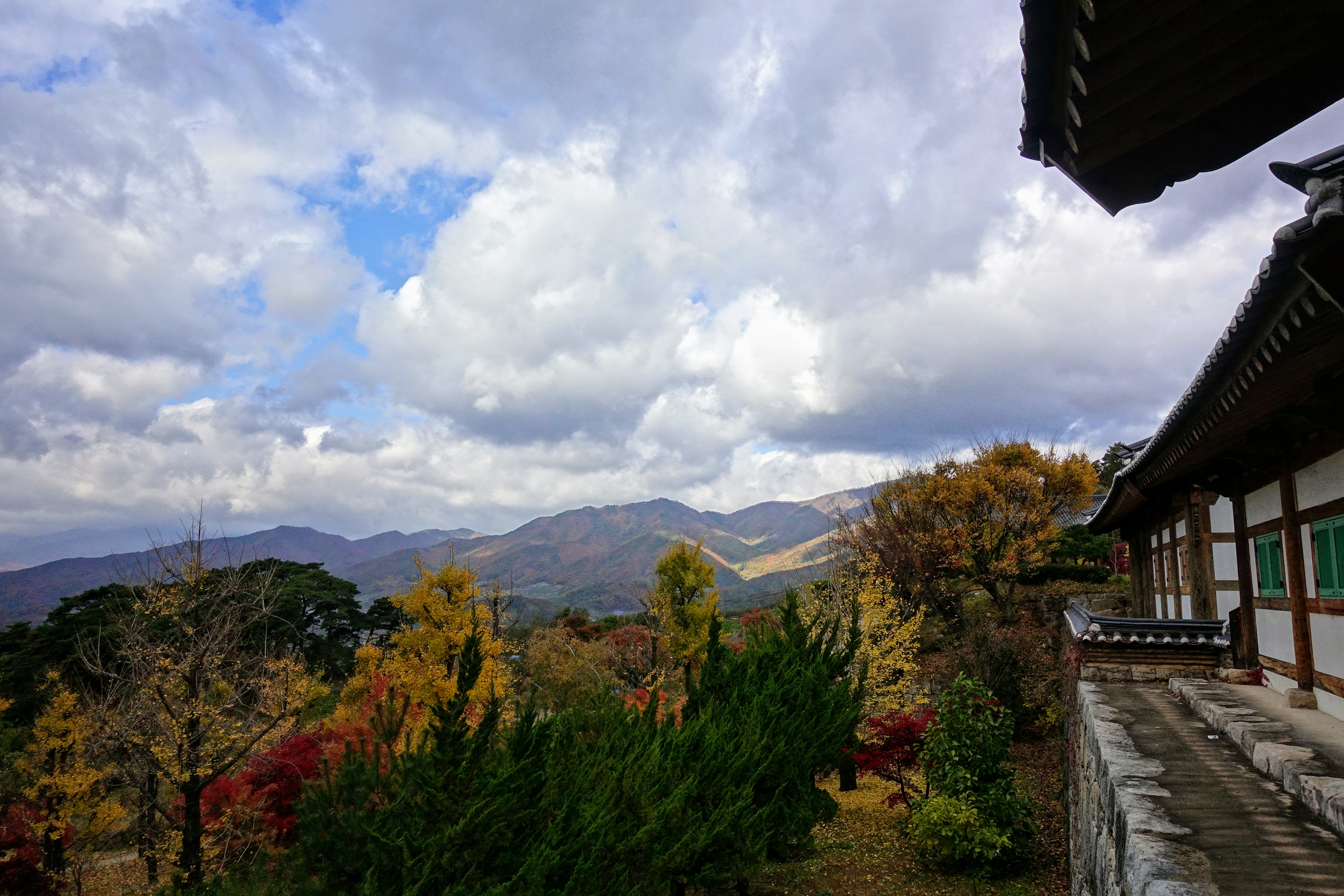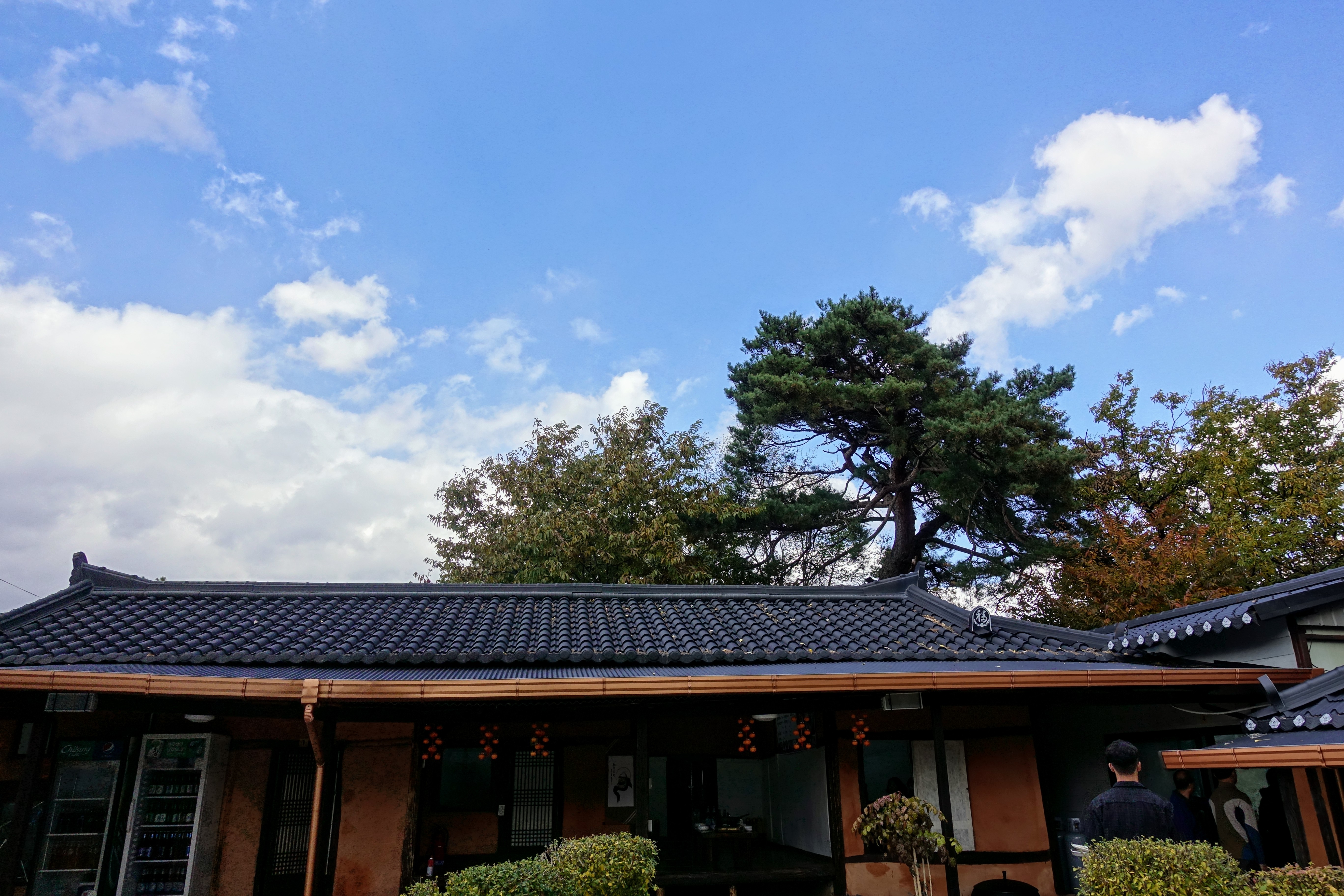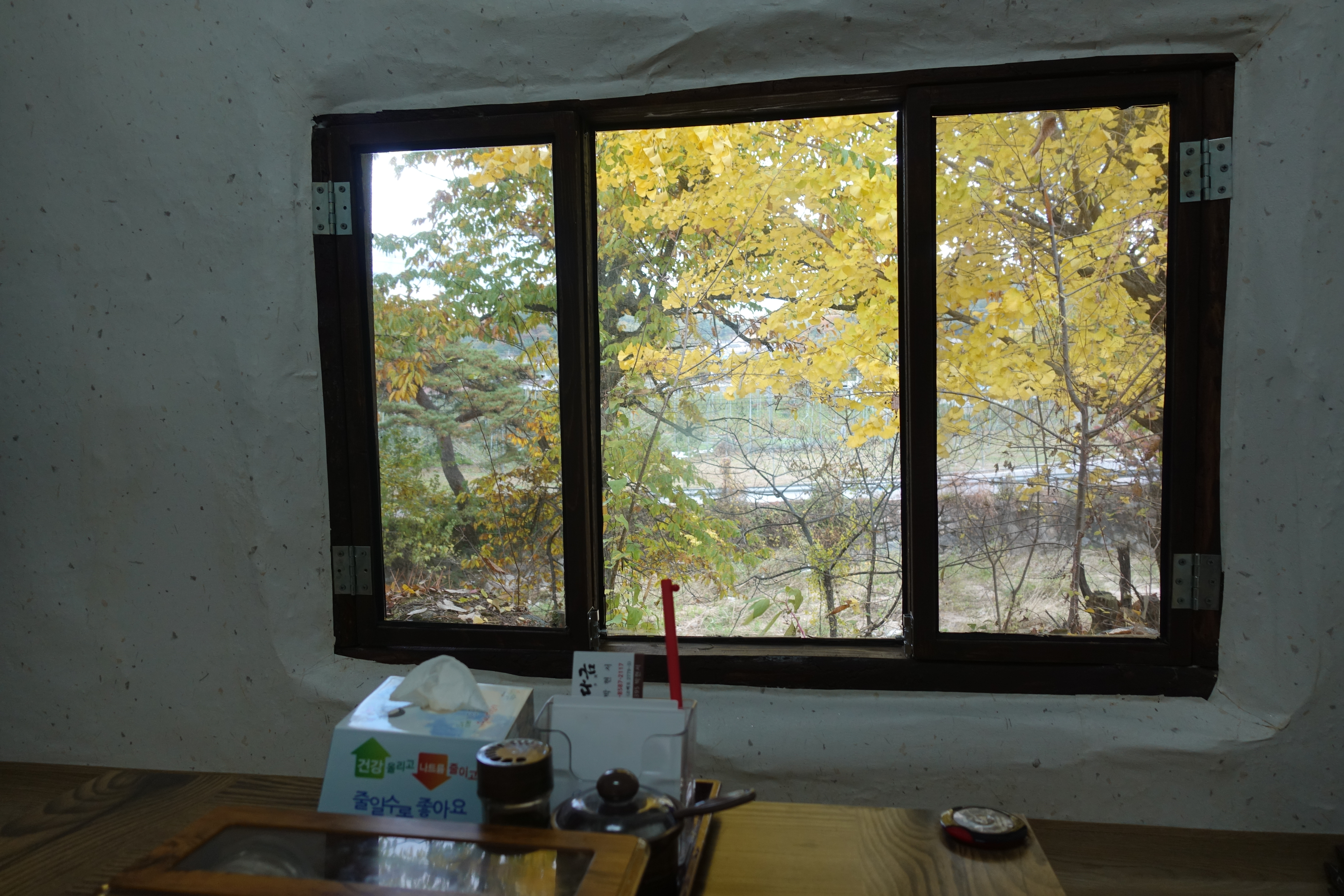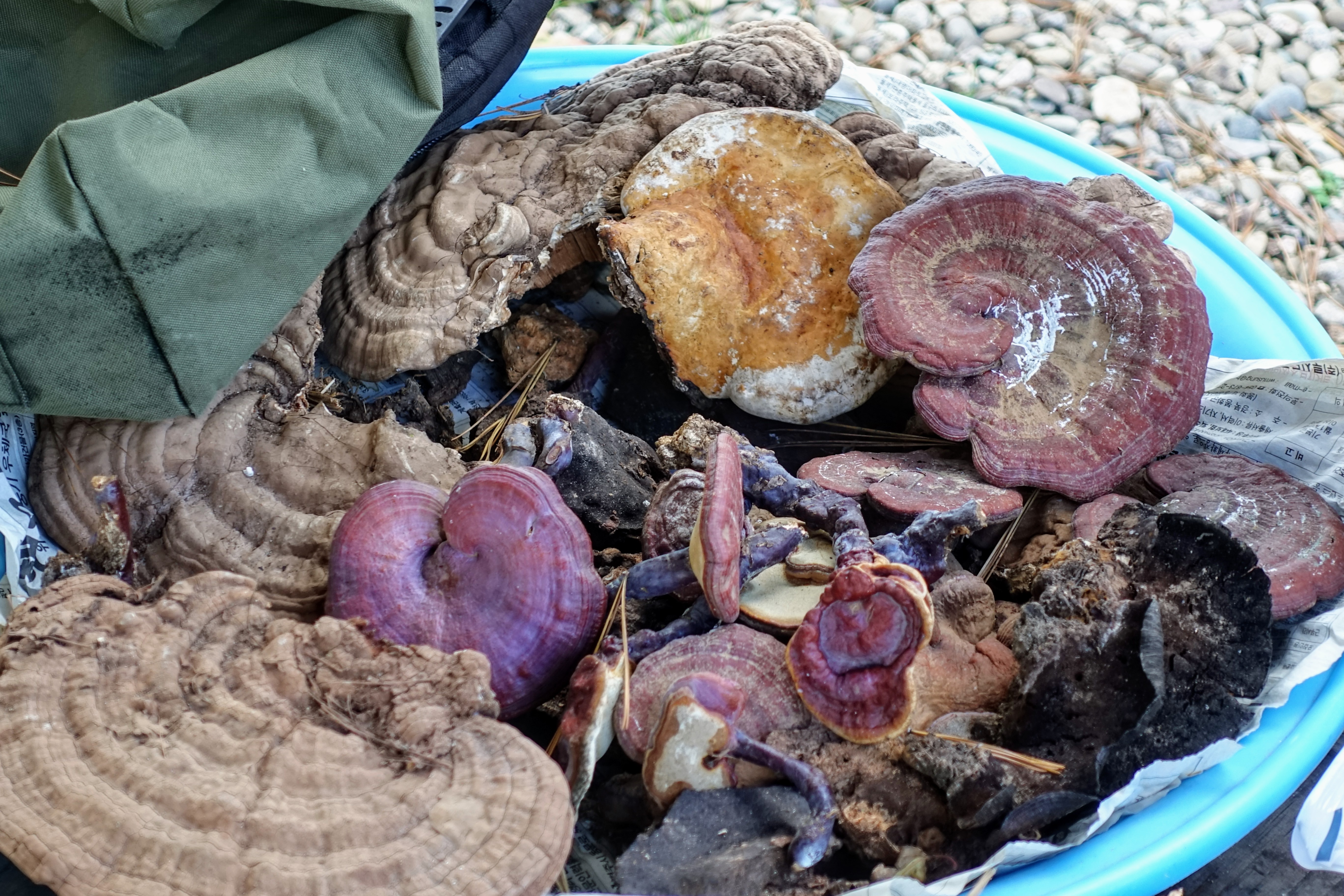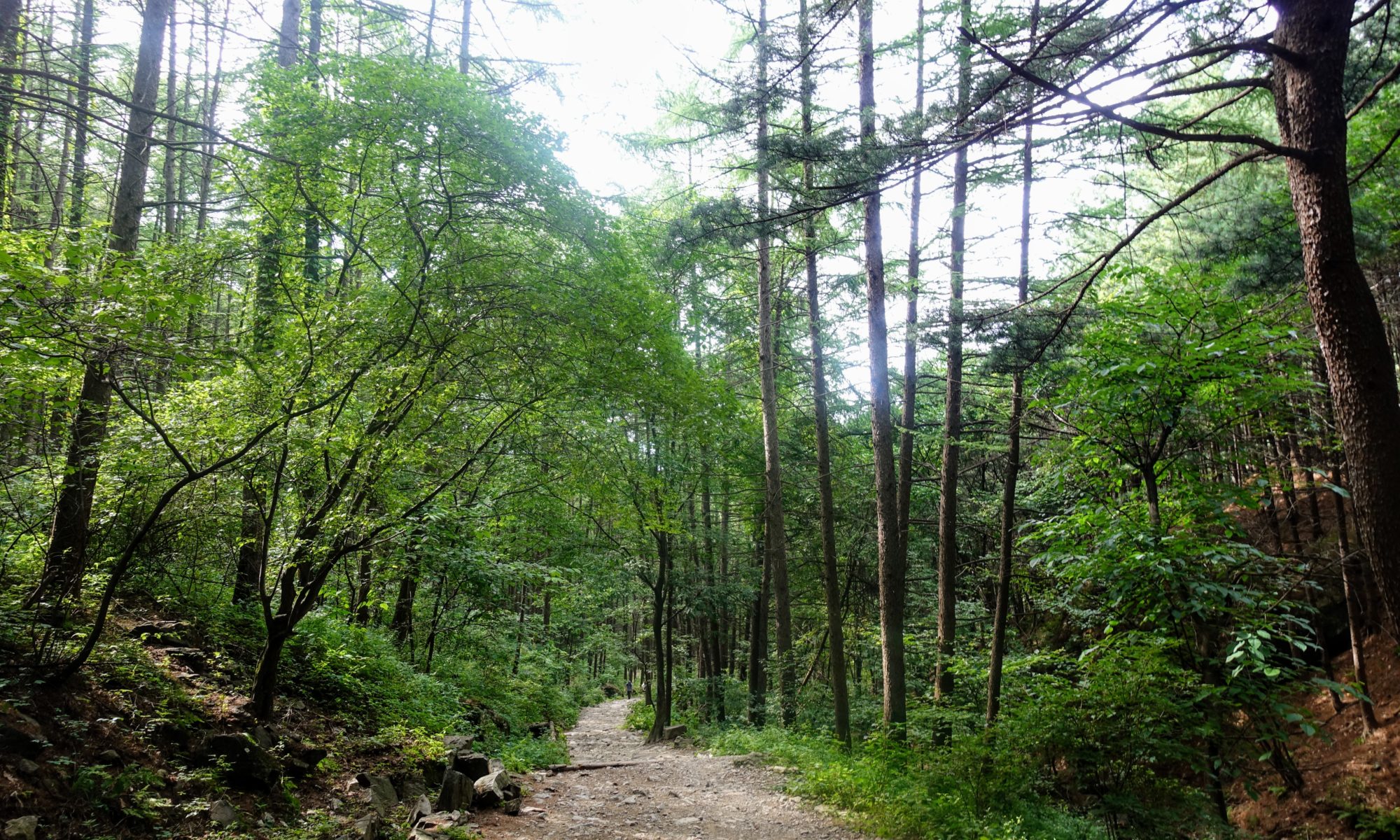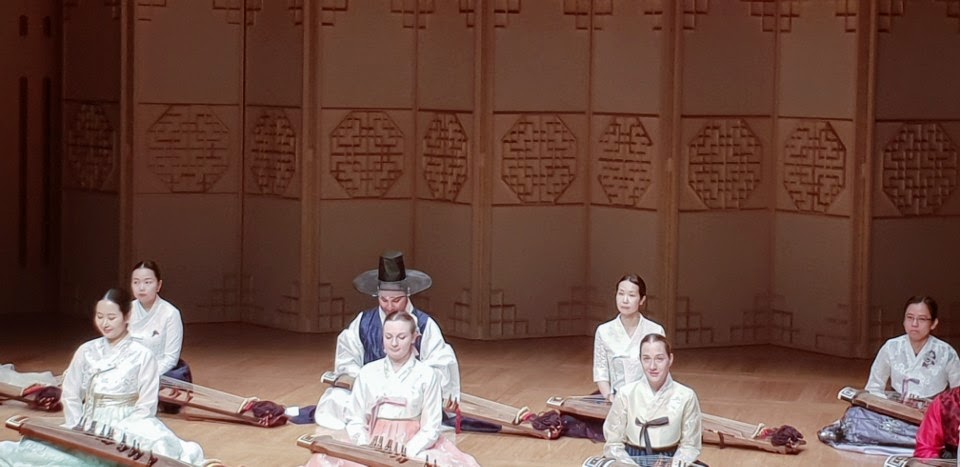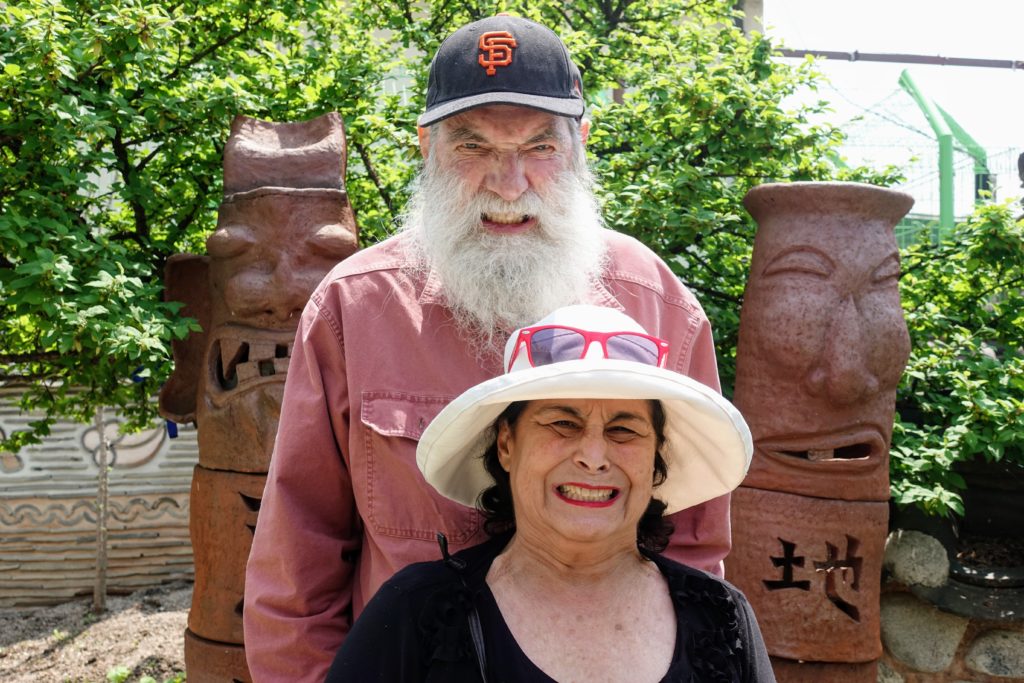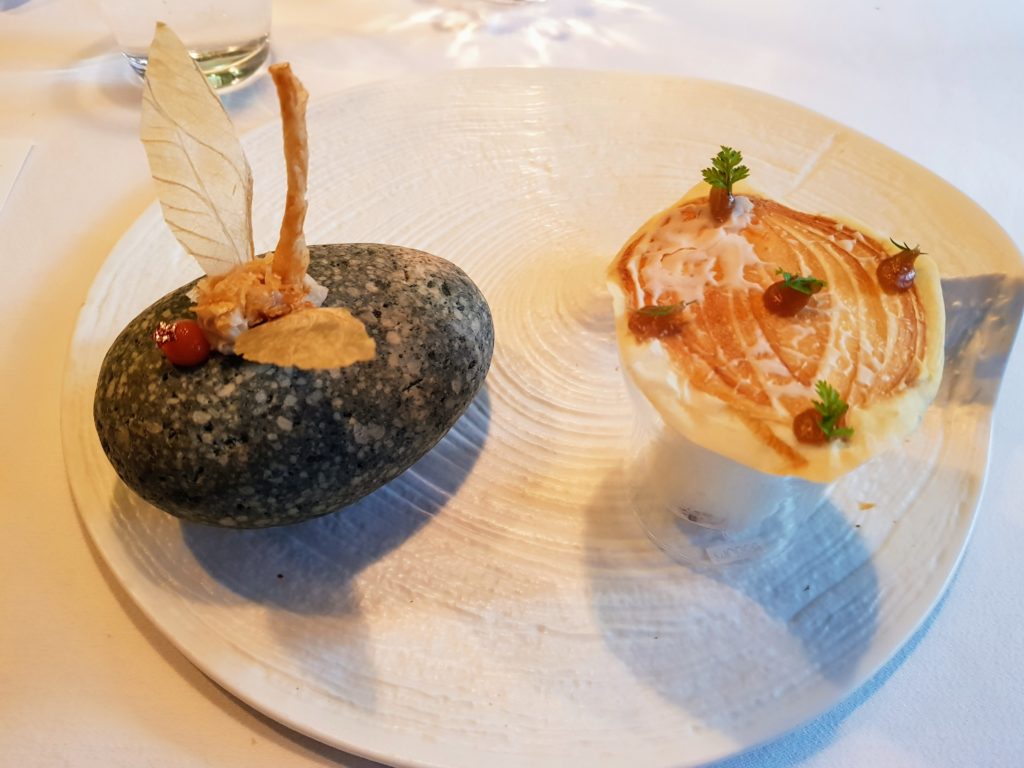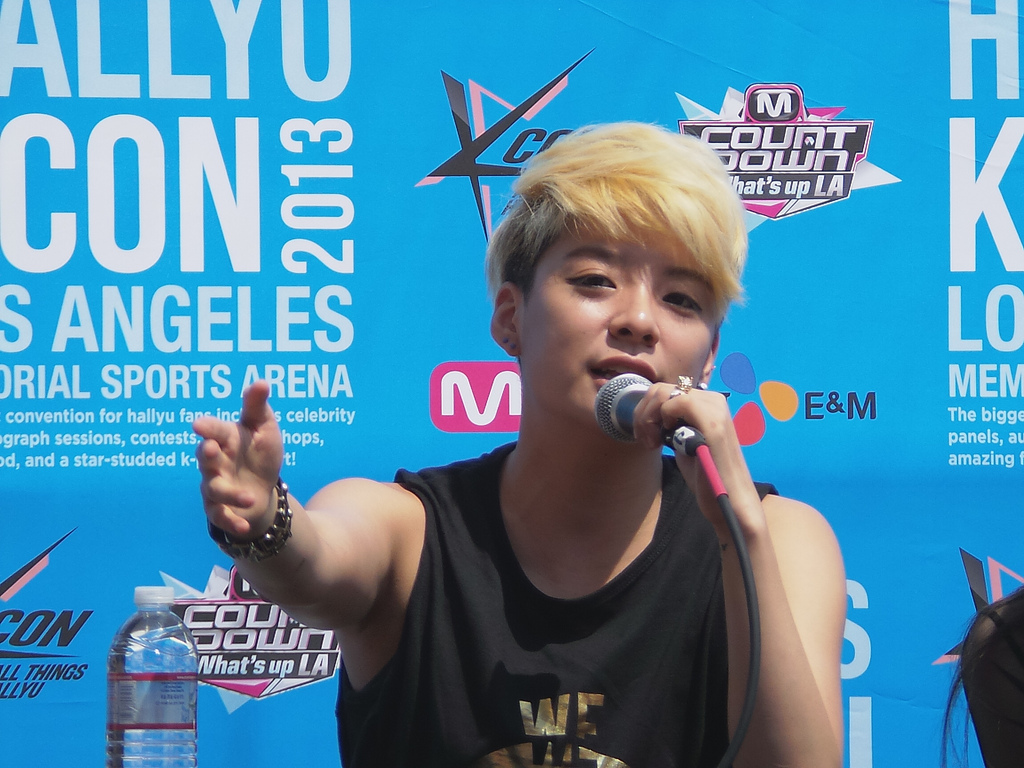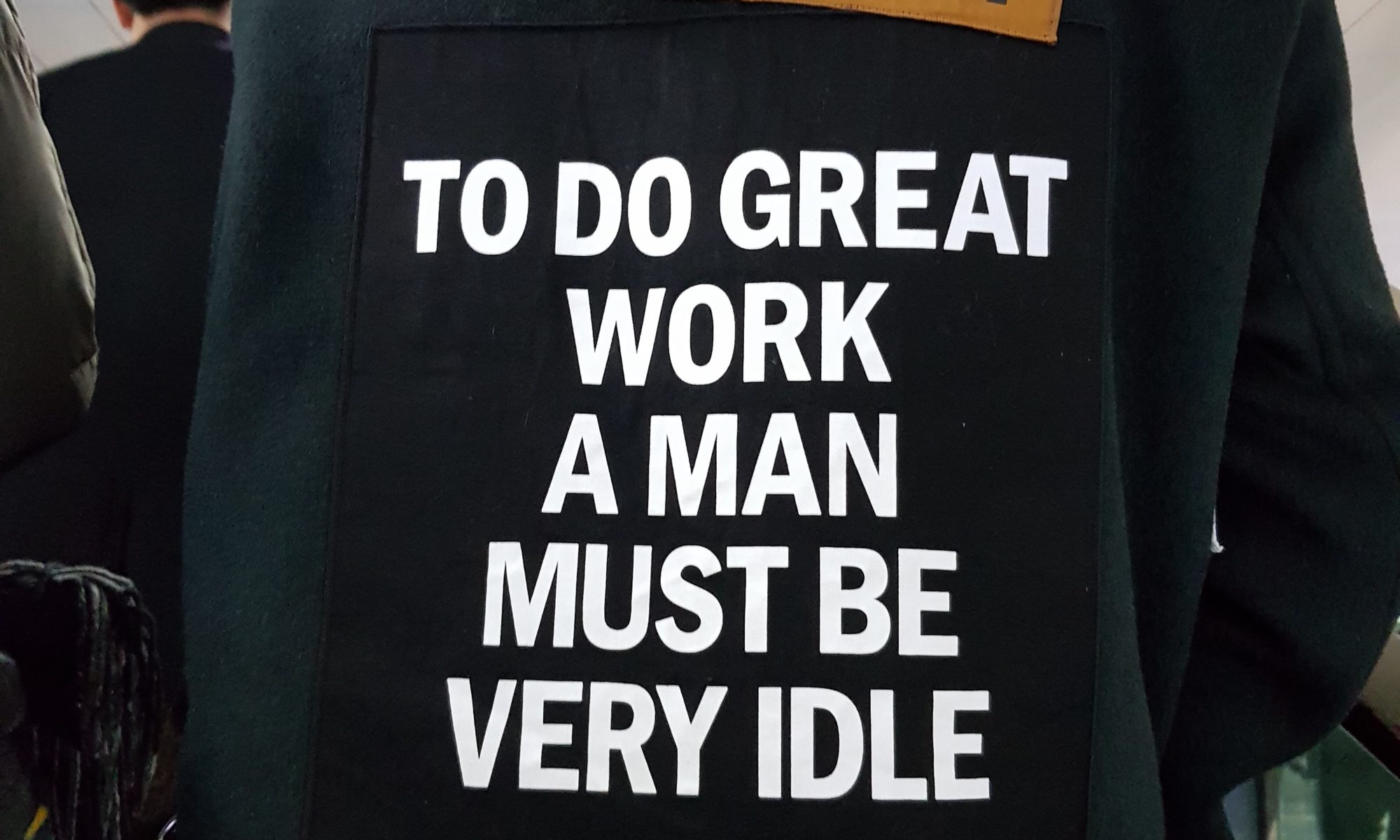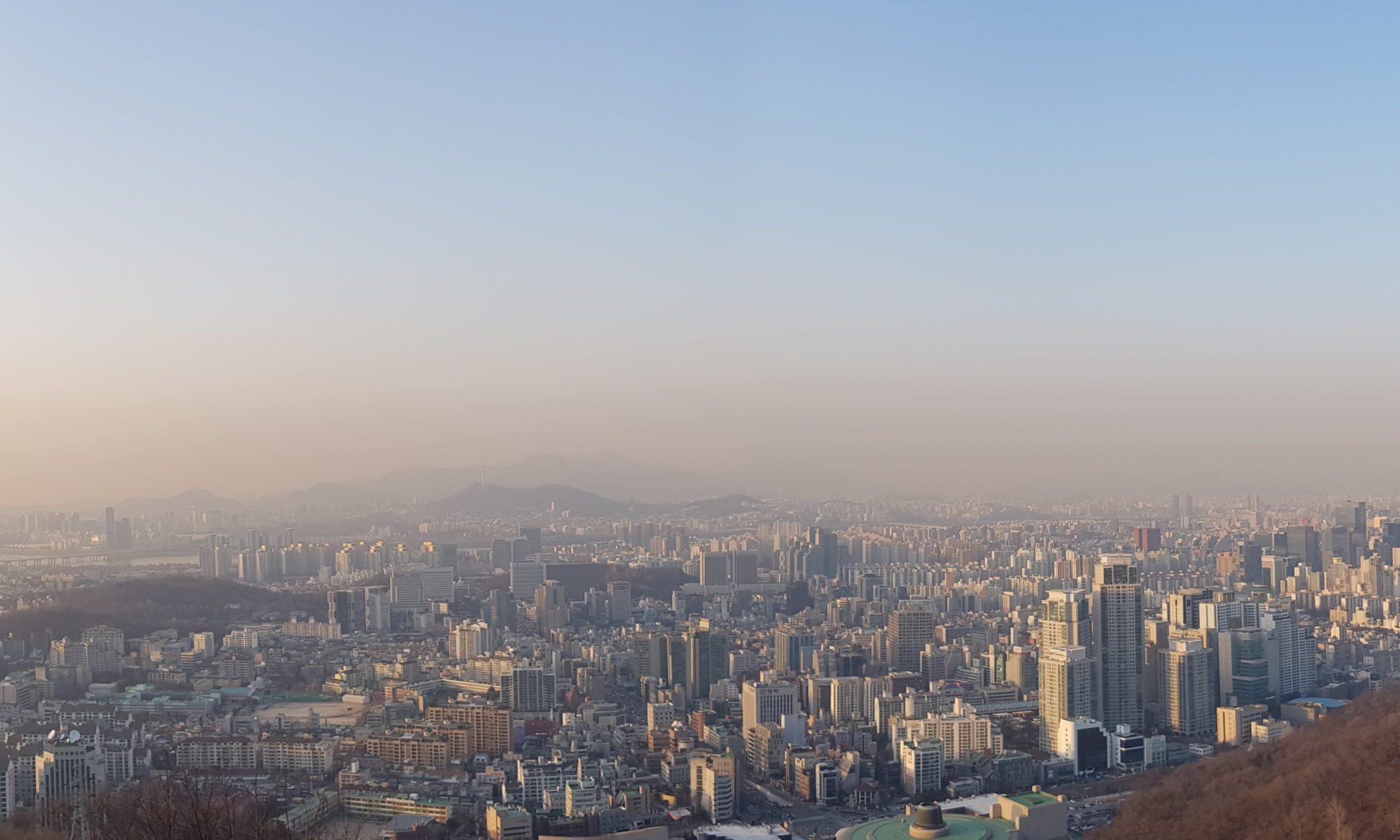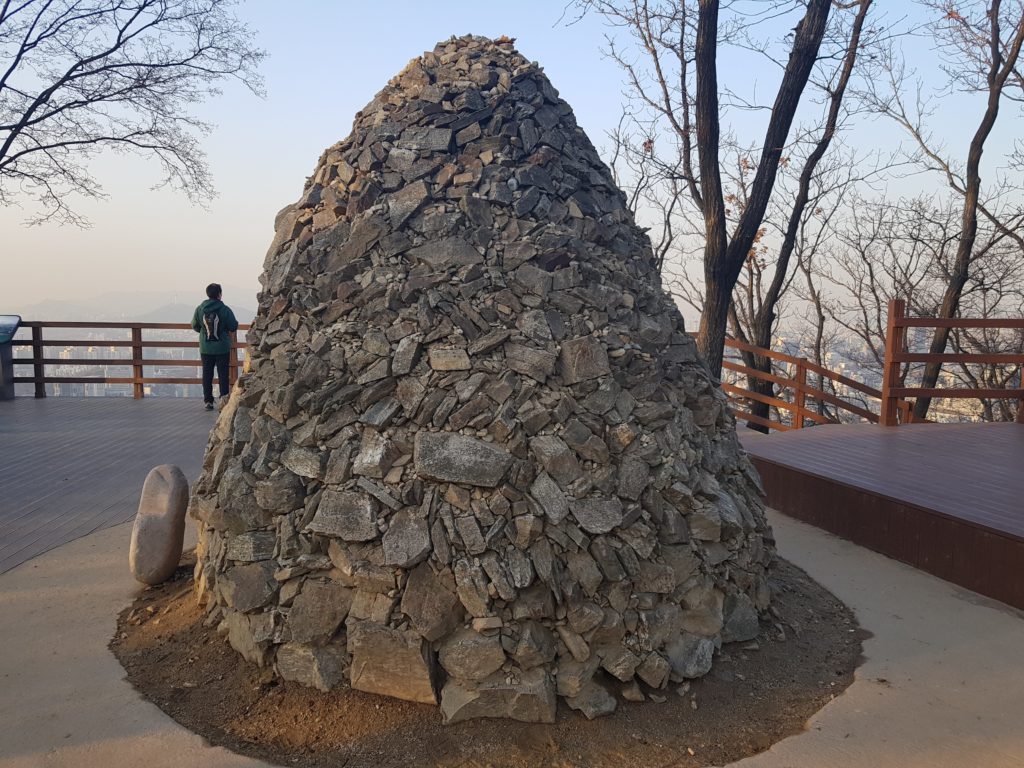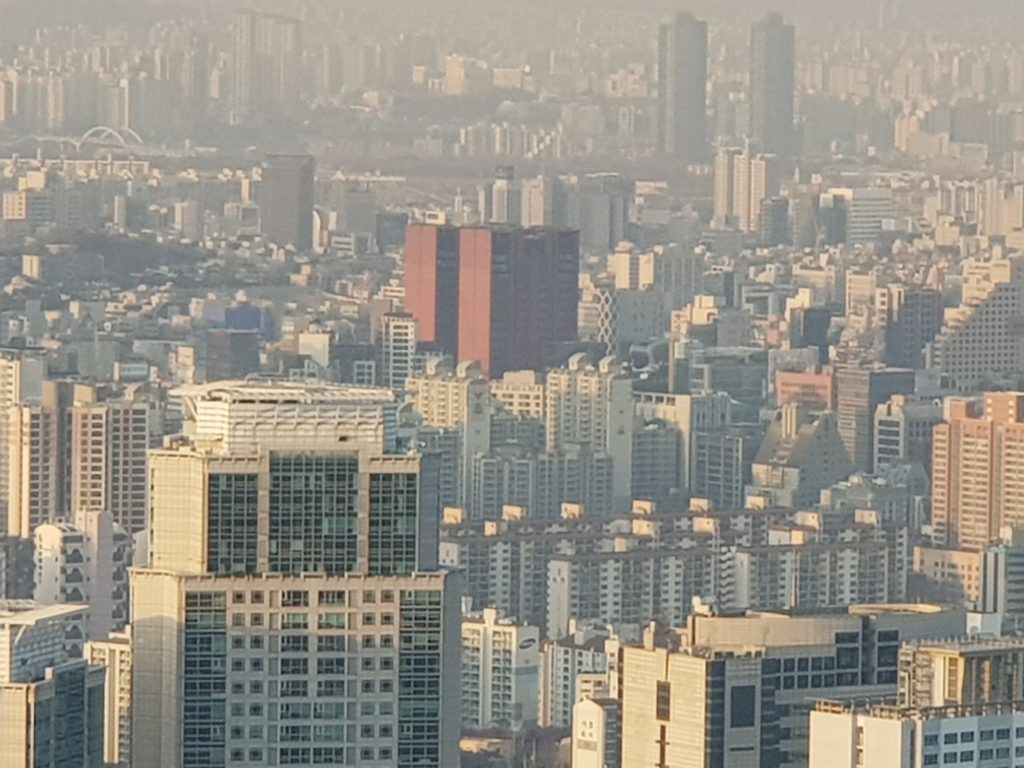“Everybody plays games.” That’s what Trump had to say after his sudden cancelation of his summit with Kim Jong-un, and then his intimations a day later that maybe the summit will go ahead after all.
This is not how diplomacy is usually done. Diplomacy is statecraft and it’s stately, building from the ground up, with lots of lower-level officials hammering out agreements over time. That kind of diplomacy can be effective, and it has the advantage of bringing thought and expertise to complex processes. But it hasn’t ever really worked with North Korea.
Instead, Trump is playing games. As a mode of running a presidency, it’s terrible. Playing games with immigration has been a disaster on too many levels to mention. Playing games with Iran — a country capable of the usual sort of patient, step-by-step diplomacy — also seems pretty dumb. Playing games with China on trade is like trying to play badminton with a grizzly bear. Playing games with Amazon and the Post Office is just batshit.
But with North Korea? Maybe games are where it’s at.
Games countries play
North Korea has a style unlike any other country’s. Negotiations even with very difficult counterparts like Cuba or Iraq never veered quite so schizophrenically from protestations of eternal friendship to foaming rants full of schoolyard insults. North Korea’s version of good cop-bad cop is Andy Taylor and Stacey Koon. In this case, after some admittedly unhelpful and possibly stupid and threatening comments from Vice President Mike Pence, North Korea failed to show up for a planning meeting and called the vice president stupid, along with some other amped up rhetoric.
The usual response, when North Korea throws one of these tantrums, is to backpedal, play it down, and coax North Korea back to the negotiating table like parents trying to keep their two-year-old from embarrassing them at a fancy restaurant. Trump tried something different. Before the tantrum even reached full crazy, he threw his own little narcissistic tantrum, backing out of the summit with a weirdly personal letter full of regret and disappointment.
Not only that, but Trump backed out after North Korea blew up its own nuclear test facility. You can argue that the facility was in bad shape anyway, but still, the timing was striking and devious. If this is where the diplomatic train stops, then the US got the destruction of North Korea’s only nuclear test facility, and North Korea got nothing. No cash, no lifted sanctions, no security guarantees, no future cancelation of US-ROK joint military exercises. Nothing.
Crazytown diplomacy
The Trump cancelation sent everyone scrambling. Moon Jae-in and Shinzo Abe were embarrassed and confused. China was probably both confused and relieved, if concerned that we’re going back to nuclear brinksmanship on their border. North Korea probably looked around and remembered that China is their only reliable ally.
If this were normal diplomacy, all of that would be very, very bad. But this is not normal diplomacy. This is Trump crazytown diplomacy. With Trump, everything is always contingent and always personal. North Korea made a conciliatory statement — a sign that Trump’s tantrum-for-tantrum approach might actually be an effective way of talking to North Korea — and now Trump is talking about reinstating the summit. So who knows?
The thing is, crazytown diplomacy might be the right tool for North Korea. Trump isn’t good at being president, or even at running a real business, but he’s good at sucking people into his orbit and using his B-list charisma to create buddies and sycophants. One of the only things we actually know about Kim Jong-un personally is that he has a taste for B-list charisma. It’s bizarre to consider that Trump’s Rodmanesque qualities just might win the day here.
Of course, any actual agreement will require the more ordinary diplomatic processes of working out details, resolving ongoing dispute, managing inspection schedules, and all that messy stuff that bores Trump. And at any point, North Korea could go back to the tantrum tactics. But they may be learning that Trump will tantrum right back. Mafia-style emotional overreaction might actually be a useful way of disciplining North Korea.
Can Trump do anything good?
Before you dismiss all this as my naivete (or, worse, before you decide I think Trump is wonderful and have finally come around to understanding his genius), take a moment to remember that bad people do good things. Nixon expanded the Vietnam War and engaged in petty theft against his political enemies, but he also restored relations with China. Stalin was a horrific murderer who led the Soviet Union in destroying Hitler’s armies. Keanu Reeves was actually pretty convincing in River’s Edge.
It’s also worth remembering how bad the previous Republican presidency was. Trump’s style is horrifying, and he has done much harm by appointing incompetent, corrupt people at every level of the federal government, as well as by doing outright bad things. But by this far into the Bush administration, we’d suffered the worst terrorist attack in American history, instituted torture and kidnapping as national policy, lost track of Osama Bin Laden, started a disastrous war in the wrong country (we’re still feeling the effects of that failure), and even took time to destroy the career or CIA agent Valerie Plame.
Trump needs to be understood in this context. His fuckups are real and serious, but don’t let the style make them seem worse than they are — or, rather, don’t let the style make you forget what we endured from our bobblehead president. The outrage of the moment — and Trump is good at producing outrage — can make the present seem worse, and the past seem better, than they actually are.
All of which is to say that before you denounce the pullout from the summit as yet another example of Trump’s dangerous fecklessness (which it also is), check to see whether you’re just denouncing it because it’s Trump and it’s crazy and he’s awful. Because in this one case, Trump’s crazy awfulness might work.
Or not. Who knows? Crazy is crazy. But on North Korea at least, a little crazy might be called for.

